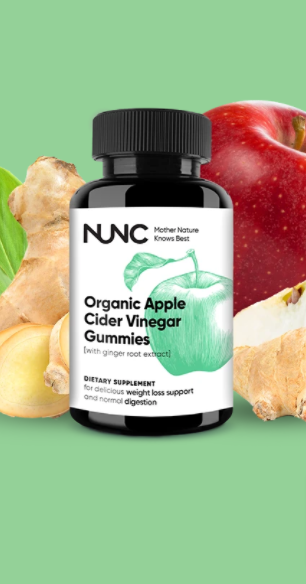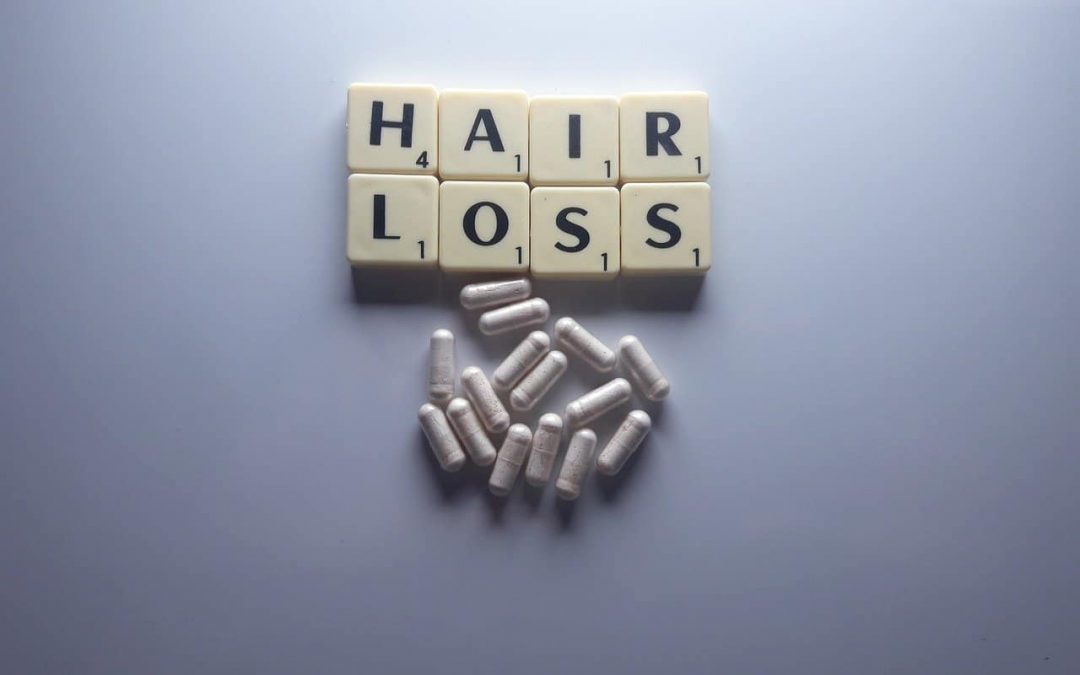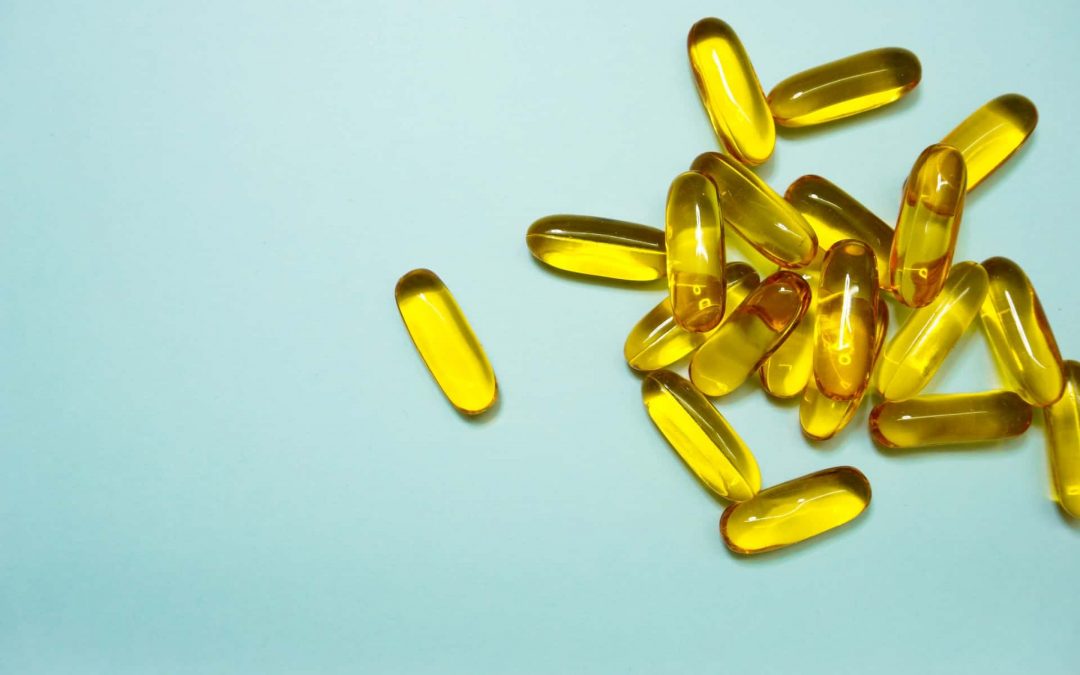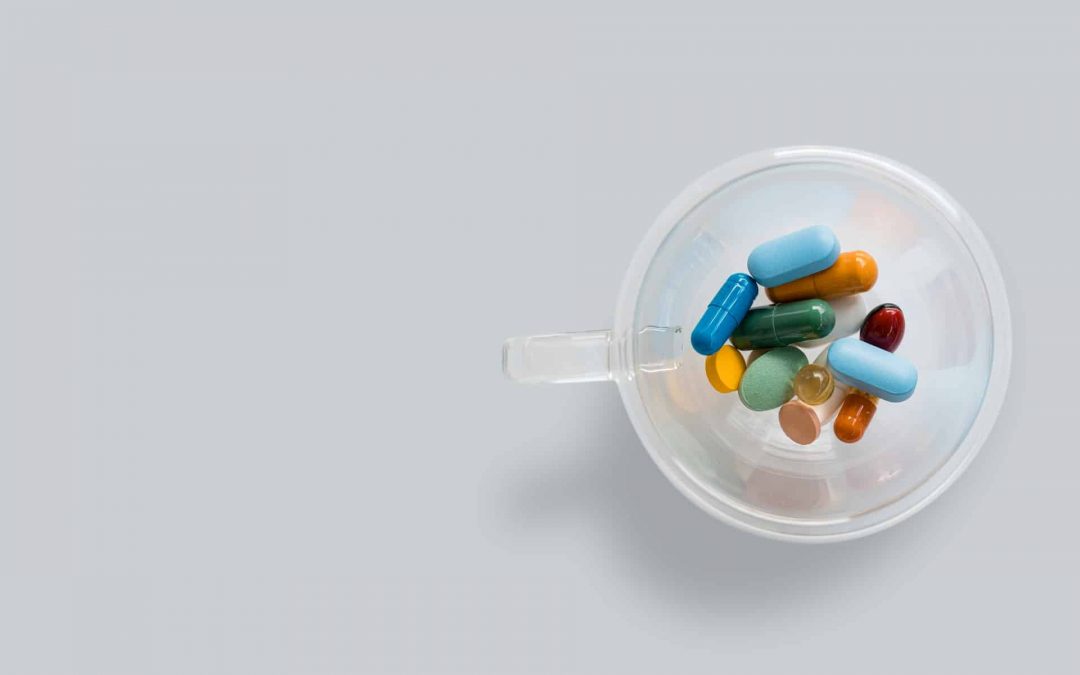If you live in a house that has mold, it is very likely that your body is being exposed to mold. This can lead to chronic fatigue, headaches and other symptoms. Mold spores are microscopic and invisible to the naked eye which means they circulate through the air undetected. In this article we will go over how detoxing your body from mold can help alleviate health problems such as these!
Contents
What do we mean by mold?
Mold is a type of fungus that grows on porous surfaces such as drywall, wood and wallpaper. You can be exposed to it by breathing in the spores which are microscopic and invisible to the naked eye. It’s important not only clean living spaces but also protect yourself against reinfection with these detox methods!
How to detox your body from mold: 3 steps to protecting yourself from mold.
The first step for protecting yourself against mold exposure is figuring out if you have any molds growing inside or outside of your home. To do this take a sample (cleaned with alcohol) and send it off for testing via IDEXX Laboratories’ Mycotoxins Test Kit.
If there are no detectable levels of mycotoxins detected then you shouldn’t be concerned about mold exposure. If there are mycotoxins detected, then you should consult a professional to handle the situation.
The second step is figuring out if you’ve been exposed to it before! There are different types of spores which can vary in their toxicity and effects on your health (for example some can cause respiratory problems while others might not).
What we’re really looking for here is any indication that you have an allergy or sensitivity to specific molds because this will determine what detox method would work best for you. IDEXX Laboratories has a great testing kit called Mitex Allergen Test Kit that can help identify all sorts of allergens such as cats, dust mites, ragweed pollen, and of course mold.
The third step is to understand how mycotoxins get into your body! It’s a bit complicated, but the gist of it all comes down to understanding that these toxins are inhaled or ingested (or both) with some being water soluble so they can enter any tissue in your body if you drink contaminated water for example.
Mycotoxins can be found on foods such as grains which could have been exposed during storage or handling, through dairy products where cows may have grazed on moldy pastures, and even in dried fruit like grapes from vineyards sprayed with fungicides before harvest.
Next we need to assess what detox methods work best for you after figuring out what type of exposure you’ve been dealing with.
Healthy habits to initiate the detox of your body from mold:
- Chelation: using drugs to remove heavy metals from the body, usually as a last resort when other methods don’t work
- Diet changes: eating foods that detox your liver and kidneys like leafy greens, cruciferous vegetables, berries and citrus fruits for example can help flush toxins out of these organs
- Exercise & sweating: exercise helps move mycotoxins through your lymphatic system so you’ll sweat more which will give them an exit route
Detox your body from mold: the guide.
The most important thing is that you take action as soon as possible so it doesn’t lead to chronic illness or worse, death (although this is rare). Luckily there are many different ways for people all over the world to address these problems – some easier than others but they’re worth considering nonetheless.
Detoxing your body can be achieved by taking activated charcoal tablets and herbs like milk thistle extract supplements; eating an alkaline diet; drinking plenty of filtered water; getting enough sleep each night etc.; doing proper breathing exercises such as yogaampers the absorption of heavy metals and other toxins
A note on milk thistle:
milk thistle is a powerful detoxifier but it’s not for everyone. It can interact with various medications, work as an estrogen mimic in men or women or cause upset stomachs so if you are taking medication without consulting your doctor I would avoid Milk Thistle until you know more about what interactions may arise.
Sometimes people notice that their body reacts poorly to certain foods when they have been exposed to mold spores from water intrusion near them. You should take care to avoid gluten containing food sources (wheat, barley) since these will feed the molds and make symptoms worsen
Heavy metals like lead and mercury are often found in our home, work environment or surrounding environments
If you have been exposed to mold spores from a recent water intrusion near your house then it is important that you clean up any visible mold starting with the basement.
Molds can’t grow if they don’t have food sources (like moisture) so drying out all wet areas will take care of this issue. It’s also good practice to replace insulation when possible since molds could be hiding in there too!
You should try taking activated charcoal tablets as well which help detoxify heavy metals.
Try to eat a healthy diet which includes lots of fresh vegetables and fruits. This will help detox your body from mold!
Related Articles:
Can vitamin c be taken at night?
How Long Does Melatonin Last: Tips and Tricks to Ensure Optimal Sleep
How to tell if you have mold in your body: Symptoms.
- Rash or hives on skin
- Headache and fatigue when you wake up in the morning, especially if this occurs after a night of sleep where you had been coughing or wheezing for an extended period of time before finally falling asleep.
- Skin infections like boils that are caused by molds can be found anywhere from your armpits to groin area. You might also notice scabbing on your body which is common with people who have chronic eczema as well!
Mold exposure:
Mold inhalation could cause one’s lungs to become irritated leading them to develop asthma or COPD symptoms such as shortness of breath, chest tightness, wheezing and coughing.
Mold ingestion, which is rare but possible if you have mold growing in your kitchen sink or a leaky fridge shelf that could get into the food you eat can lead to stomach pain and nausea as well as vomiting.
Mold inhalation leads to respiratory symptoms such as headaches, insomnia, difficulty swallowing, sore throat, runny nose etc. Molds also cause allergic reactions where one might experience itchy skin rash on different parts of their body like skin irritation from eczema or hives!
It’s best not to take chances with something so serious – be sure to detox your body from mold today!
How can I tell if I have mold in the house?
The first step is to look for dark, thick patches on the floor or walls.
Mold tends to grow in hidden spots like behind furniture and around windowsills so it’s important that you check these areas as well. One way to find out if there are any mold spores present is by watching where your nose leads you! If you can smell an earthy scent then chances are there is mold nearby.
You can also do a quick test by taking a wet rag or towel and wiping down one of your suspect surfaces, if the surface turns black from being dampened with water mixed with bleach then it means there is likely mold growing underneath the layer of grime.
Inspecting air quality indoors
Odor: Possible symptoms include headache, sore throat, irritated sinuses, coughing and shortness of breath.
VOCs: Volatile organic compounds are chemicals that evaporate into the air from certain products or materials such as paints, varnishes and solvents.
They can cause a wide range of health problems including eye irritation and dizziness to cancer in high concentrations over time.
This is why it’s important not to use your lungs as an indicator, if you’re smelling something strange like paint fumes then there may be harmful levels of volatile organics present that could be leading to chronic conditions down the road so make sure to leave any room with bad odors immediately!
Health complications because of mold in the body:
- Heart: The interaction of mold with the body’s immune system can lead to a number of heart complications such as chest pain, coronary artery spasms and palpitations.
- Respiratory System: Mold exposure has been linked to respiratory problems like asthma, bronchitis and chronic rhinitis that often require continuous medical care.
- Skin Conditions: In some people who are more sensitive to molds or have allergic reactions, skin conditions may arise including dermatitis (a type of eczema), hives and rashes. These symptoms don’t just go away on their own so it is important to consult your physician if you experience any rash after encountering mold in order not only for diagnosis but also treatment options!
- Digestive System: Mold can also affect the digestive system in some people, as it may trigger irritable bowel syndrome (IBS) or other gut conditions. The symptoms of IBS are chronic cramping and diarrhea that last for more than a month! Urinary Infections: mold exposure has been linked to urinary tract infections among women who have just given birth
Mold and asthma:
those with asthma are at risk for allergic reactions to mold and if you have a history of this, it is important that you know the signs (coughing, wheezing) and seek medical attention right away
Mold and skin:
reactions to mold can be seen in the form of rashes, itching or blistering. If you notice any of these symptoms after being exposed to a moldy environment, it is important that you remove yourself from the area and if they persist for more than two weeks, consult your physician!
Mold exposure may lead to irritated skin with blisters or other reactions such as inflammation.
It’s important that someone who experiences this post themselves from an environment where there is likely high levels of mold present so that their body has time to heal on its own; it is also imperative not only for diagnosis but also treatment options!
Mold allergy symptoms:
The main symptom of an allergic reaction to molds is skin irritation. Symptoms may include redness, itching, swelling or hives
- Central nervous system effects: Mold exposure can also lead to central nervous system issues such as extreme fatigue or difficulty concentrating
- Neurological side effects: neurological problems linked to prolonged exposure includes irritability and forgetfulness
- If you suspect your home has been exposed to mold then clean up quickly! Be sure not only throw away any contaminated food items but don’t use anything in the kitchen until everything has been thoroughly cleaned.
What you need to do:
Clean up: You should also clean any surfaces that may have mold on them
Air conditions: If you suspect your home has been exposed to molds then it is imperative for the air in the house be changed ASAP! Try to keep windows closed and use a household fan or open doors/windows when outside air is not too hot or cold
Prevention:
One of the best ways to prevent an allergic reaction would be by reducing exposure, which can include taking steps like avoiding walking barefoot through high levels of humidity at all costs (mold thrives in these environments!) as well as cleaning clothing after being outdoors before coming into contact with other people who might be sensitive to molds.
Finally, there are a few ways you can detox your body from mold! For starters, try drinking plenty of water (and other liquids), which will flush any toxins out through urination and make you feel better overall.
You may also want to consider taking an antihistamine or decongestant while eating healthy fruits and vegetables that offer high levels of antioxidants such as blueberries, oranges, apples & carrots
We hope this article was useful and we wish you a good day!
Related Articles:
How to Get Nail Glue Off Skin
Does Low Vitamin D Deficiency Cause Weight Gain?











0 Comments